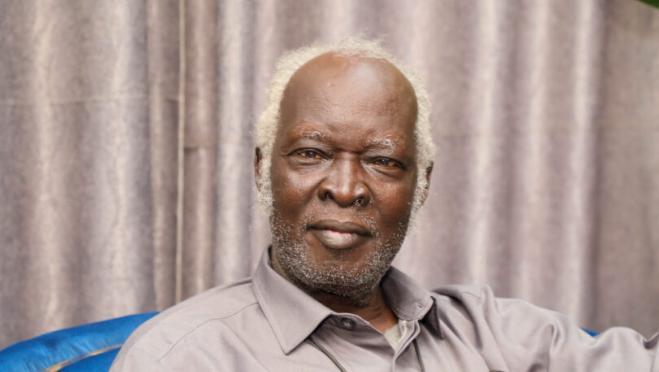Africa-Press – South-Sudan. Religious leaders in South Sudan are proposing a new peace dialogue dubbed Kejiko Three, an earlier church-led effort which helped unite divided southern factions ahead of the 2011 referendum, as an alternative to the faltering 2018 peace agreement.
The yet-to-be initiative by the Catholic and Anglican churches aims to bring together all factions and communities to address the country’s deepening political crisis.
Before South Sudan’s independence in 2011, church-led peace dialogues, Kejiko I and II, played a key role in uniting divided political and military factions.
Held in Yei River County, the forums helped pave the way for the peaceful referendum that created Africa’s youngest nation.
The Catholic Church, through Catholic Relief Services and other partners, also invested heavily in reconciliation and governance.
But those gains were lost when civil war broke out in 2013.
Now, with the peace process faltering again, religious leaders hope Kejiko Three will offer a more inclusive, grassroots path to peace—and a second chance for national unity.
According to retired Bishop Enock Tombe of the Episcopal Church says Kejiko Three will seek broader participation from across society.
Bishop Tombe says the initiative would bring together all factions—government and opposition—along with civil society, youth, women, traditional leaders, and the media, to seek a homegrown solution to the country’s political deadlock.
“What we are now saying is that let us have Kejiko Three,” Bishop Tombe said during a podcast interview on Eye Radio Friday.
“Call all these factions, whether the IO or IG or SOA, or even the opposition, those in Rome. Bring them together. We will bring in the chiefs and the women, the youth and civil society, and the media.”
He added that, unlike externally driven peace efforts, Kejiko III would aim to be a homegrown, inclusive process.
“This country does not belong to a few people at the top. This is the country for all of us, from the bottom up.”
Bishop Tombe expressed concern that the 2018 revitalized peace agreement is deteriorating, while the Tumaini process—facilitated by Kenya—has reached a standstill amid renewed violence in parts of the country.
“The agreement is now dying,” he said. “Tumaini has reached a dead end. It is shelved.”
He recalled the 70 days of national prayer and fasting launched by the South Sudan Council of Churches in June as a spiritual appeal for divine intervention in the nation’s affairs.
“People are now saying, ‘Please God forgive us, because we are messed up. You helped us to be independent, and we forgot you. We are now even killing each other.’”
For More News And Analysis About South-Sudan Follow Africa-Press






